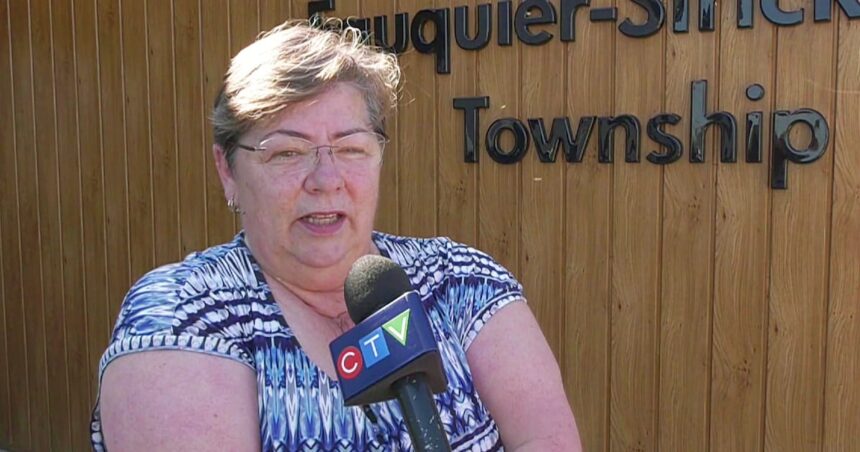The small Northern Ontario township of Fauquier-Strickland has ground to a virtual halt after officials revealed a financial crisis so severe that basic municipal services can no longer be provided. Residents of the community, located along Highway 11 east of Kapuskasing, were blindsided this week when the township office closed its doors and essential services were drastically reduced.
“We woke up to a township that essentially doesn’t function anymore,” said Marie Leblanc, a longtime resident who gathered with dozens of concerned citizens outside the shuttered municipal building. “No one saw this coming—at least not to this extent. We need answers.”
According to internal documents obtained by CO24 News, the township’s financial reserves have been depleted, leaving insufficient funds to cover basic operational costs or employee salaries. The municipal office has been closed indefinitely, with street lighting shut off throughout the township to conserve funds.
Mayor Madeleine Tremblay addressed the community in an emergency meeting held at the local community center, confirming the severity of the situation.
“We are facing unprecedented financial challenges that require immediate attention,” Tremblay stated. “The township has exhausted available resources, and we’re working with provincial officials to establish a path forward.”
The crisis represents a significant failure in financial governance that many residents believe should have been identified earlier. Provincial records indicate Fauquier-Strickland’s financial reports were flagged for irregularities as far back as 2022, raising questions about oversight mechanisms at both the local and provincial levels.
Ontario’s Ministry of Municipal Affairs has dispatched financial advisors to assess the situation. Ministry spokesperson Jason Williams confirmed the intervention in a statement to CO24.
“We are actively working with township officials to understand the full scope of the financial challenges and to identify immediate steps to restore essential services,” Williams said. “The province takes the stability of municipal governments seriously, and we are committed to helping Fauquier-Strickland navigate this difficult period.”
For the township’s approximately 500 residents, the crisis has created immediate practical concerns. Water services remain operational but are under threat if additional funding isn’t secured within weeks. Snow removal—critical in Northern Ontario during winter months—has been suspended, leaving residents to coordinate community-led efforts to keep roads passable.
“This isn’t just about numbers on a spreadsheet,” explained Canada News financial analyst Rebecca Chen. “When small municipalities face this level of financial distress, it creates cascading effects across all aspects of community life—from basic infrastructure to property values and even the community’s long-term viability.”
The township council has scheduled public information sessions for next week, promising transparency about how the situation deteriorated so dramatically. Documents indicate that declining tax revenue, combined with increased infrastructure costs and potentially mismanaged funds, created a perfect storm that overwhelmed the small municipality’s financial safeguards.
Provincial opposition critics have seized on the crisis as evidence of inadequate support for Northern Ontario communities. MPP Michael Gravelle called for an immediate provincial bailout while emphasizing the need for a thorough investigation.
“Small northern communities have been struggling with declining populations and aging infrastructure for years,” Gravelle stated. “The province needs to step up with immediate assistance while ensuring accountability for how this situation was allowed to develop.”
As residents wait for solutions, the community has demonstrated remarkable resilience, with neighbors helping neighbors and local businesses stepping in to fill service gaps. The local volunteer fire department continues to operate through personal commitments from firefighters who have agreed to serve without immediate compensation.
As Fauquier-Strickland confronts this existential crisis, the fundamental question remains: can small rural municipalities survive in a system that increasingly demands sophisticated financial management without providing adequate resources to support it?










